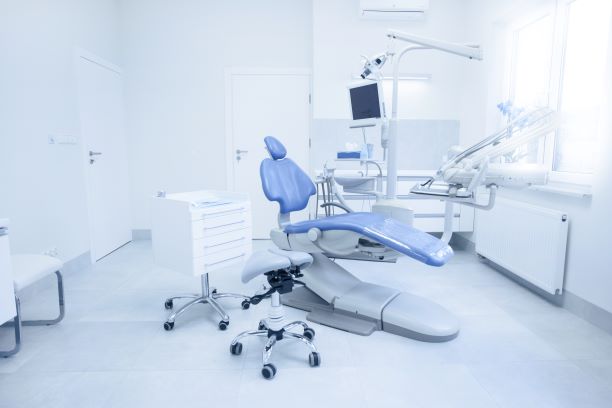As lockdown begins to ease in the UK, and a new normal way of life resumes, with masks and hand sanitisers becoming a handbag staple, it’s fair to say
As lockdown begins to ease in the UK, and a new normal way of life resumes, with masks and hand sanitisers becoming a handbag staple, it’s fair to say every industry has been affected by the global pandemic.
From retail to restaurants, medical to motor services, we won’t fully know the long-term implications for many years, even decades. But over the course of the last few months, it’s possible to imagine the long-term impact. Whilst the dental industry is one of the most robust industries, it too has suffered as a result of the lockdown.
Impact on patients
Not only has the lockdown affected dental practises, it has had serious impact on patients. As dentists begin to get back to work and operate normal opening hours again, they are seeing a backlog of patients. It’s no secret that delays on important dental work can severely impact a patient’s life, both physically and mentally.
Whilst most dentists suggest when you should have a check-up based on your oral hygiene, many patients have had their routine check-ups cancelled. It’s at these routine check-ups that the start of gum disease is often caught and treated. However, because of these cancellations it could lead to a rise in dental negligence claims. Gum disease is the 11th most prevalent disease around the world and can increase your risk of all kinds of health conditions, including stroke, diabetes, and heart disease, and these health conditions have been linked to severe cases of Covid-19.
Impact on working practices
As dental practices around the UK begin to reopen, there will be great changes to the way they operate. From fewer staff members to shorter operating hours. In a bid to adhere to new safe working practices, the number of appointments available will be dramatically reduced as every surgery must thoroughly decontaminate each room after every patient.
With reports suggesting that a winter wave of Coronavirus could hit harder, dental practises will want and need to ensure that not only are they a hygienic place to work and visit, but that both staff and patients feel safe. If patients don’t feel safe on their visit to the dentist, revenue will fall, and potential job losses could ensue.
Impact on finances
The temporary closure on dental practises has not only impacted patients and practitioners, it has also stunted the growth of the market. Prior to the pandemic the UK dental industry was worth over £7 billion, and private sector dentistry accounted for over half of this. In a bid to safeguard the growing dental sector, Chancellor Rishi Sunak has said: “Any business who needs access to cash to pay their rent, their salaries, suppliers or purchase stock will be able to access a government-backed loan or credit on attractive terms”. These additional funds will no doubt help to bolster and stabilise this important industry.
Like all other areas of our lives, the dental industry is still finding it’s way and coming to terms with the new ways of operating, and only time will tell of the true long-term impact of Covid-19.



















































































































COMMENTS